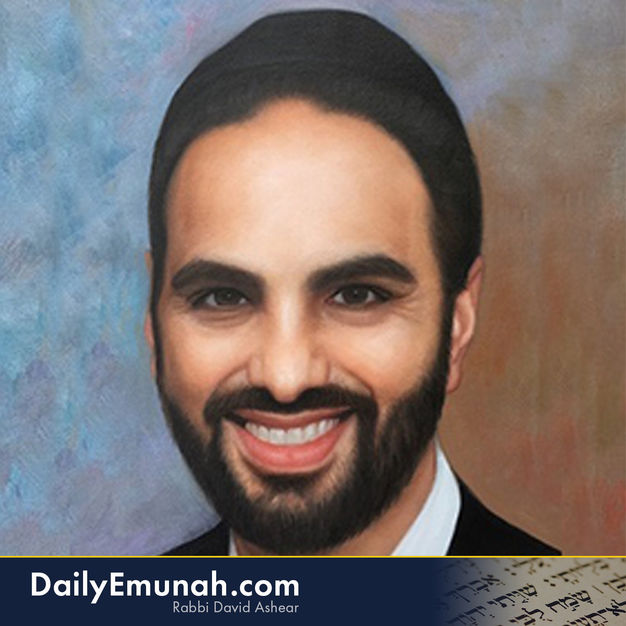Honoring talmideh chachamim is a great mitzva, and in certain aspects, it is considered as if one is honoring Hashem Himself. However, there is a way for a person to honor Hashem directly. The Kedushat Levi writes in Parashat Shemot that every time a person chooses to follow the will of Hashem, they are honoring Him. If a person were forced or programmed to follow the will of another, it would not bring that person any sense of honor, because their will was not freely chosen. True honor comes only when a person willingly chooses to follow the will of another. Therefore, one of the primary functions of the Yetzer Hara is to provide us with the opportunity to honor Hashem. Every time we face resistance and overcome it to do what Hashem wants, we bring Him honor. Sometimes, a person may feel distanced from Hashem due to strong inclinations to do the wrong thing. Others may feel distanced because of negative middot like jealousy, anger, or a desire for honor. These individuals may feel as though they are second-class in terms of their closeness to Hashem. However, the opposite is true. If a person has a strong Yetzer Hara in any area, it is Hashem's way of giving him the opportunity to bring Him even more honor and glory. If they are able to overcome their inclinations, they will bring about the greatest honor to Hashem. Everyone has different tasks and responsibilities in life. Some may appear more glorious than others. For example, if one person is told to serve the King his meals, while another is assigned the task of cleaning the King's garbage, the second person might feel that his job lacks significance. But in truth, if the second person performs his task with a smile, it would bring even greater glory to the King than the first person's service. It gives the King immense pleasure to know that even those with seemingly lowly tasks are happy to serve Him. In Avodat Hashem, no task is too small or insignificant. The less recognition we receive, the more glory it brings to Hashem. Every test in life presents us with an opportunity to bring Him glory, and we should approach each test with that mindset. Rabbi Binyamin Prusansky shared the story of a man whose company sent him to India for a few days. He tried to visit the Chabad on Shabbat but got lost, taking hours to find his way back. The next time he went to India, his wife asked him to stay in his room so she wouldn't have to worry about him getting lost again. He agreed, and this time he ordered food from Chabad to be delivered to his hotel room. An hour before Shabbat, he noticed a leak in the ceiling, which quickly worsened. He called the front desk, and they found him another room on the top floor. By the time he settled into the new room, it was too late to call Chabad and update them with his new room number. All he had was a small bag of chips and a bottle of soda. He began to despair. Far from home, with nothing for Shabbat, he realized he had a unique opportunity to bring honor to Hashem. He told himself that he would keep Shabbat just for Hashem, knowing that no one would witness it except Hashem Himself. He put on his Shabbat suit, laid a white towel over the table as a tablecloth, and began singing Shalom Alechem with only a bottle of soda and a bag of chips on the table. He felt an overwhelming sense of connection to Hashem. Just then, there was a knock at the door. It was the delivery boy, with his Shabbat food. They had found him after all. He felt Hashem's presence strongly, and when he later shared the story, he said that he had never felt more fulfilled than when he had nothing at all, yet was prepared to make the best of it, knowing he was bringing honor to Hashem. A person has many opportunities in life to bring honor to the King. When these moments come, they should pause and recognize the greatness of the moment, and then, with full kavana , do the task at hand.
25 December 2024, 1:00 pm
